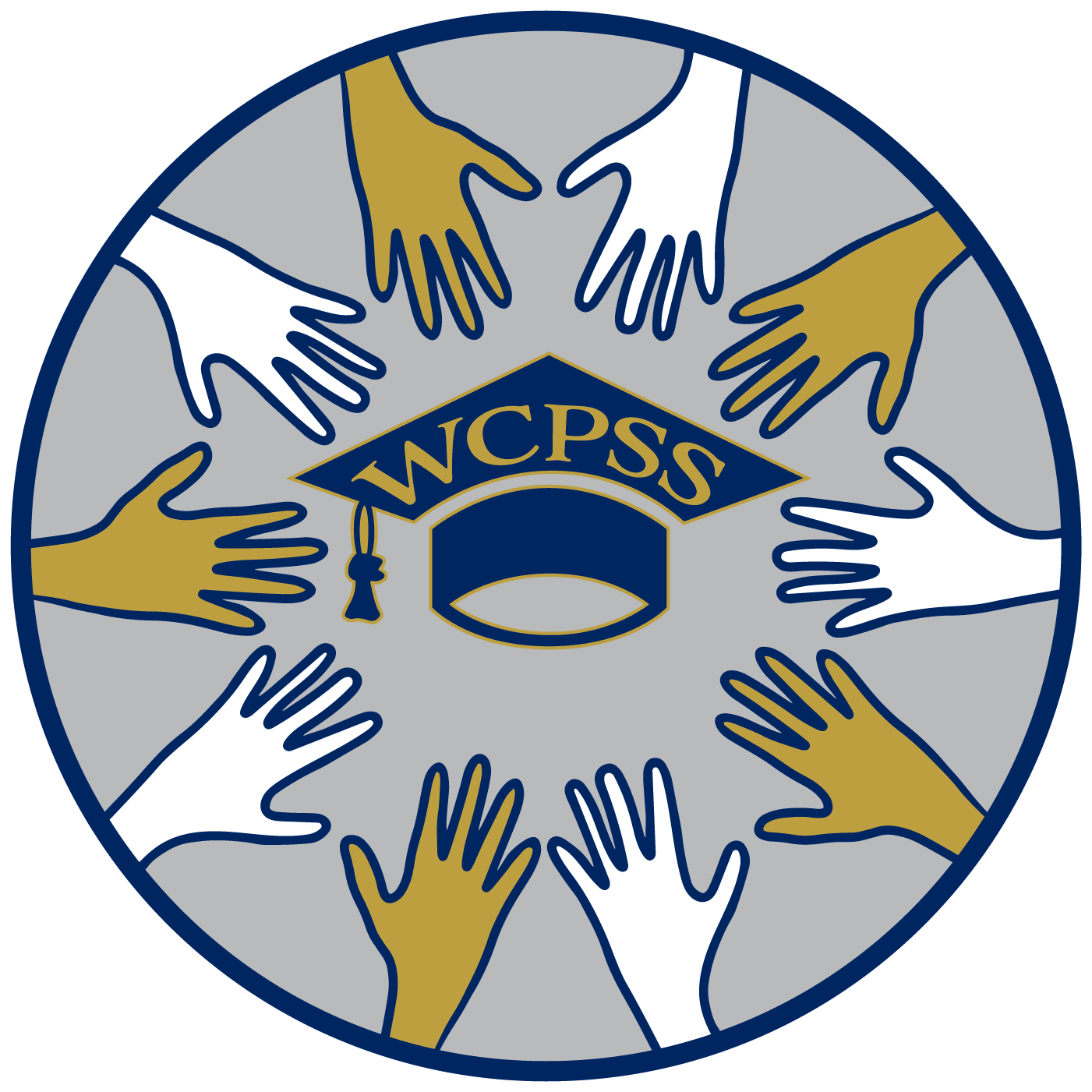October is National Bullying Prevention Awareness Month, a campaign to prevent the problem and promote kindness, acceptance and inclusion. This is a tough time to be a kid, and dealing with bullies and cyber-bullies doesn’t make it any easier.
One out of four kids is bullied and 42% have experienced cyber-bullying.
Being bullied can be hurtful and humiliating, leading to withdrawal, depression and worse. Some kids are so tormented, they think suicide is the only way out.
There are several signs that bullying may be affecting a child’s emotional and physical health.
Know the signs
- Withdrawal
- Depression
- Reluctance to go to school
- Sudden drop in grades
- Self-deprecating talk
- Staying away from friends
- Crying Episodes
- Frequent complaints of headaches and/or stomach aches
- Unexplained bruises
Long-term effects
- Severe depression
- Drug and alcohol use
- Self-harming
- Suicide
Help for victims of bullying
If parents aren’t sure how to talk with their kids about the issue, Stomp Out Bullying has an online HelpChat for young people. It’s free and confidential and available for teens and young adults, ages 13-24. Trained volunteers are available on Mondays from 6 p.m. to midnight and Tuesdays from 8 p.m. to midnight.
When the HelpChat Line is not available and your child is in crisis, contact the National Suicide Prevention Lifeline at 1-800-273-TALK (8255) or the GLBT National Youth Talkline at 1-800-246-PRID (7743).
Parents can also find tips on what to do if their child is a bully or being bullied here.
Take a stand
Want to take a stand against bullying during National Prevention Awareness Month?
If you’re a parent, you can start by teaching your children to be kind, to stand up for others and to reach out to kids who may feel left out. Lead by example.

